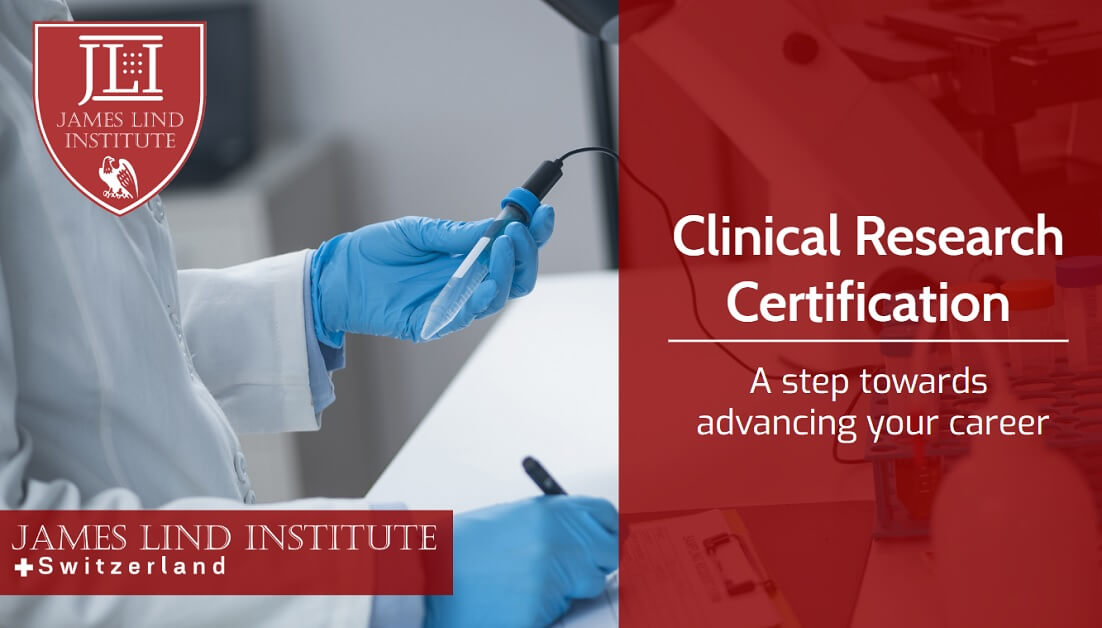What is Clinical Research?
Clinical research is a branch of healthcare that deals with assessing the safety and effectiveness of medications, devices, diagnostic products and treatment regimens intended for human use. Clinical trials help us in assessing if a new treatment is safe and effective and only after thorough assessment and quality checks these treatments may be used for prevention, treatment, diagnosis or for relieving symptoms of a disease.
What is Clinical Research Certification?
Obtaining clinical certification means an individual has met the necessary requirements of administering research and achieved an advanced knowledge and understanding of research principles. A Certificate in Clinical Research will help you navigate your career paths towards Clinical Research Coordinator (CRC) and eventually Clinical Research Associate (CRA) opportunities. The Role of a Clinical Research Coordinator is primarily to plan the day-to-day clinical operations, oversee personnel, finance and the regulatory aspects of medical research trials and the role of a Clinical Research Associate is assist in laboratory, survey and other research work, prepare findings for publication, manage databases, garner participant information, conduct reports, and oversee quality control.
Why is Certification Necessary?
Clinical research is a fast-growing discipline and is gaining importance in the diversified medical sector and pharmaceutical industry. Thus it’s obligatory in today’s times to keep pace with the evolving regulatory procedures and advances in clinical research for path breaking results. A certified professional anywhere in the world garners more job responsibility which in turn provides greater career advancement opportunities thus individual gains recognition in the research community professionally as an exceptional researcher with opportunities for leadership roles and personally in terms of bonuses, promotions and salary. The employment avenues for such an individual are no doubt multifold which is an additional opportunity for growth and it is projected that research jobs will see a growth of 10% in 2016-2026 which is exceptional as per job opportunities.
What do these courses feature?
For individuals with a medical or life sciences background interested in conducting and associating with research studies these courses encompass fundamentals of epidemiology and biostatistics, aspects of clinical trial conduct and management including clinical trial design and phases, database development, research ethics, and regulatory compliance and procedural guidelines. Thus keep you aware regarding financial, legal, and regulatory environments of clinical research. Thereby honing your weak areas and polishing your strong areas of clinical research.
Courses offered
The programs are taught by industry experts especially for professionals seeking clinical research careers. Clinical Research Professionals have an opportunity to work in various settings such as academic and private institutions, pharmaceutical and biotechnology companies, Clinical Research Organizations (CROs), Independent research and development organizations. James Lind Institute offers courses like the Post-Graduate Diploma in Clinical Research (PGDCR) for enhancing skills and knowledge of individuals at both an associate level as well as other cadres in managerial hierarchy. The Advanced post graduate diploma in clinical research with specialization in pharmacovigilance, medical writing, business development and regulatory affairs are one of the kind programs essential for giving you an edge over the others.


